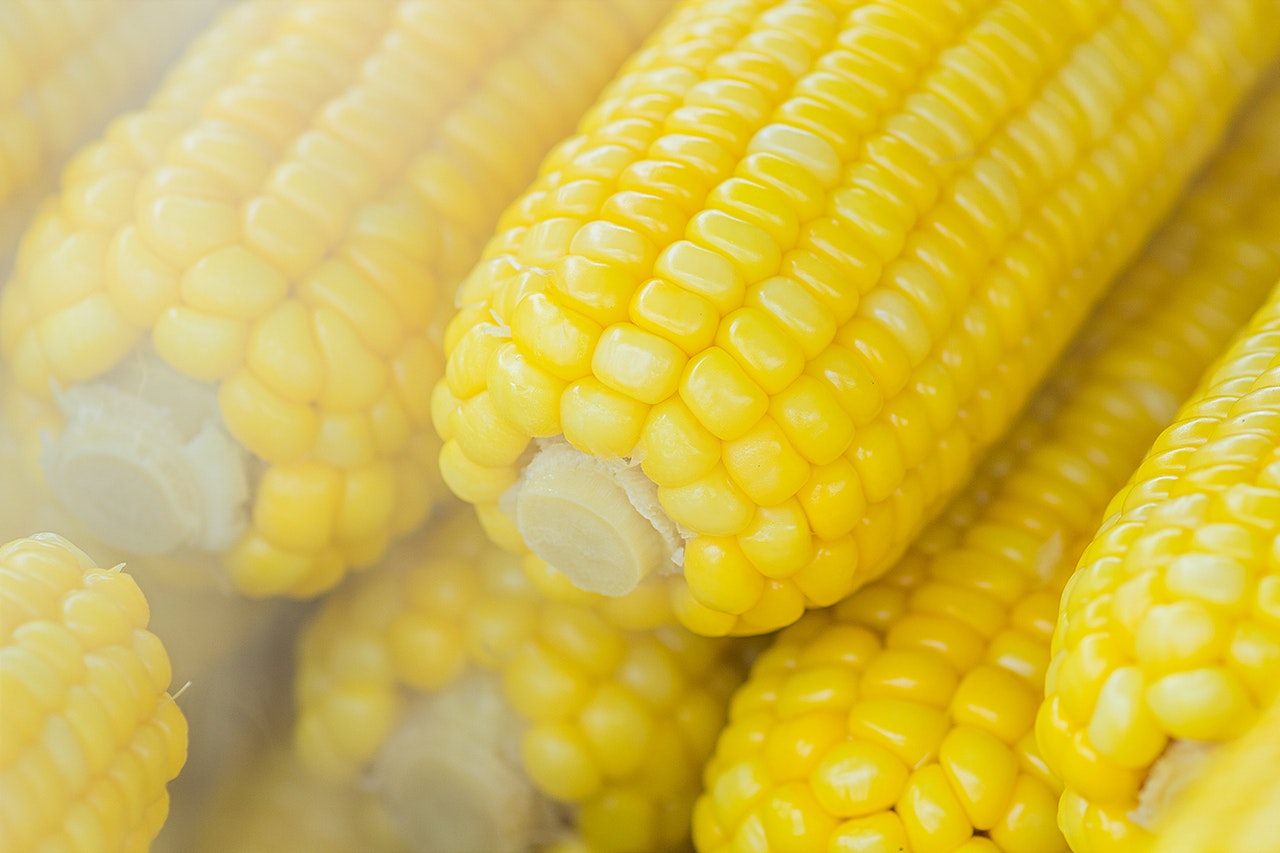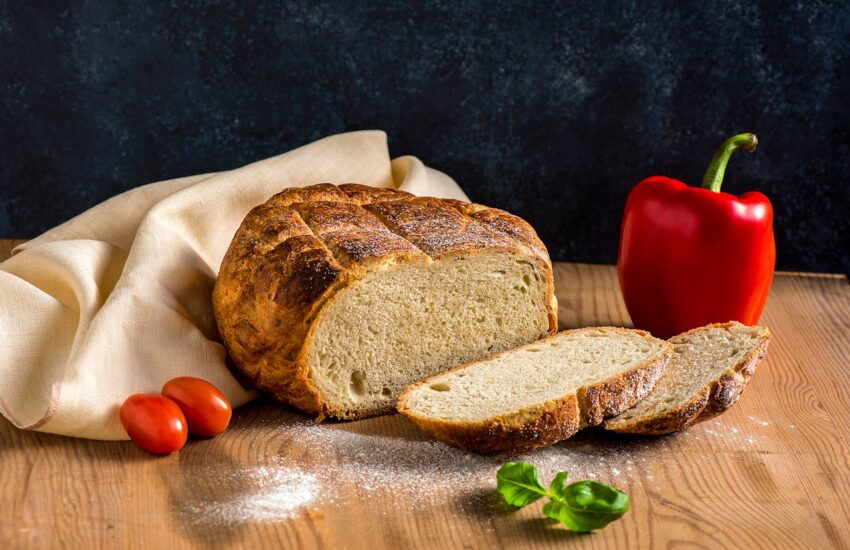Surprising News about Corn
I’m not sure how you feel about corn. Maybe you love it, maybe you hate it.
Perhaps you only enjoy it when it’s ground up and fried up as a chip (and served with salsa). Whatever your feelings are about corn, one thing I can almost certainly guarantee is you don’t look at corn as a health food.
Well, it may surprise you that corn is actually quite good for you. Yes, some varieties are better than others, but overall, eating corn off the cob is a great way of feeding your body a variety of health-boosting nutrients.
Now, I’ll go on record here and say this much about corn; it isn’t the world’s #1 health food, and there are certain kinds of corn you should avoid, but there are definitely worse foods you could eat than corn.
And so today I’m going to give you a list of reasons to indulge in corn this summer (as well as some things to look out for when it comes to corn consumption).
3 Awesome Evidence- Based Benefits Of Corn Consumption
1 – High In 2 Kinds Of Fiber:
If you’ve ever eaten corn, then you know there’s always some corn left over after eating it.
I’m not talking about what’s on the cob either… but what’s leftover after digestion.
Corn, like many other grains, is rich in fiber. But what makes corn a bit different than many other grains is the fact the fiber content is varied between soluble and insoluble fiber. Both of these kinds of fiber are useful at maintaining great health, and for different reasons.
For instance, if you’ve ever noticed husks of corn kernels leftover after eating corn (in your poop, that is) what you’re witnessing is your body’s inability to digest insoluble fiber. Insoluble fiber has an impact on how your body maintains regularity in bowel movements.
You don’t want to eat too much insoluble fiber because it can cause gas and bowel distress, but the little bit you’d consume off an ear or two of corn is great for your bowels.
However, corn doesn’t just deliver insoluble fiber. There’s also a bounty of soluble fiber in corn kernels. Soluble fiber helps to improve digestion, too. But it does so by feeding probiotic bacteria which are essential for enhancing gut health. One of these kinds of fiber are called arabinoxylans. Researchers indicate these feed the bacteria in our digestive tract and the bacteria transform the fiber into various nutrients needed to maintain a healthy gut.
There’s also quite a bit of evidence showing soluble fiber intake is associated with improvements in cardiovascular health. Studies indicate that soluble fiber helps to lower total cholesterol levels while also helping to reduce the more dangerous form of cholesterol known a LDL-cholesterol.
When you eat corn you’re not just eating a great-tasting food, you’re filling your body with a food known to affect your gut and your heart in a positive way.
2 – Rich In Antioxidant Phytonutrients
The color of a food is like a description of what healthy nutrients it gives you.
Most corn is a whitish yellow, which means it’s rich in two specific phytonutrients that also act as antioxidants. The two most significant are lutein and zeaxanthin, both of which are known to help enhance the protection of your eyes and ocular strength.
There are other carotenoids (known antioxidants in corn) and they include beta-carotene (also known to promote eye health) and beta-cryptoxanthin (a precursor to vitamin A and known to influence eye-health, too).
Lastly, corn delivers a few antioxidants that are known to help protect cells from the effects of free radical activity.
The flesh of corn is rich with a flavonoid called quercetin and a few antioxidant organic acids like ferulic acid, diferulic acid, and coumaric acid.
The presence of these antioxidants in corn could influence your health in any number of ways, but the most well understood ways are eye protection as well as cell-function protection.
3 – May Help Improve Blood Sugar
Blood sugar is an area of health I focus on with a passion as I believe if people did more to improve blood sugar the incidences of chronic health issues like diabetes, cardiovascular disease, Alzheimer’s and more would go down significantly.
There’s evidence that eating corn could help with insulin production and may help to control diabetes.
Organic facts wrote the following:
“According to the Journal of Medicinal Food, ‘consumption of corn kernels assists in the management of non-insulin dependent diabetes mellitus (NIDDM) and is effective against hypertension due to the presence of phenolic phytochemicals in whole corn.’
Phytochemicals can regulate the absorption and release of insulin in the body, which can reduce the chance of spikes and drops for diabetic patients and help them maintain a healthy lifestyle.
Let me add an endnote to that. If you eat too much corn at one time it could have the opposite effect on blood sugar.
That’s because corn does have a high ratio of carbohydrates to weight. Yes, some of the carbs are dietary fibers, but if you eat too much corn, especially processed corn in the form of chips or tortillas you may experience the opposite effect.”
Important Considerations On Corn Consumption
Yes, corn can be good for you, problematically, it can also be bad for you.
Corn is one of the favorite foods of the agricultural industry because it is very cheap to grow and has a high yield rate.
That’s why it’s in everything.
So, that being said, I want to make a few notes about corn:
- Only eat organic: Most corn growers grow corn with herbicides and pesticides that can damage your health. Get organic corn whenever possible. It’s not that much pricier but is that much healthier
- Only eat whole corn: Corn chips do not impart the same benefits as whole kernels of corn. Many of the health benefits of corn are lost when processed, and then it becomes a dangerous food.
- Lightly steam it: To get the maximum benefit from corn I suggest lightly steaming it. This will still cause the kernels to become nice and soft, but won’t harm the nutrients (which boiling and other preparations do).
Beyond that, I think you should eat corn in moderation. It’s easy to overdo it on corn consumption because it tastes so good, so limit your consumption to just a few days a week and you won’t have to worry about eating too much.


